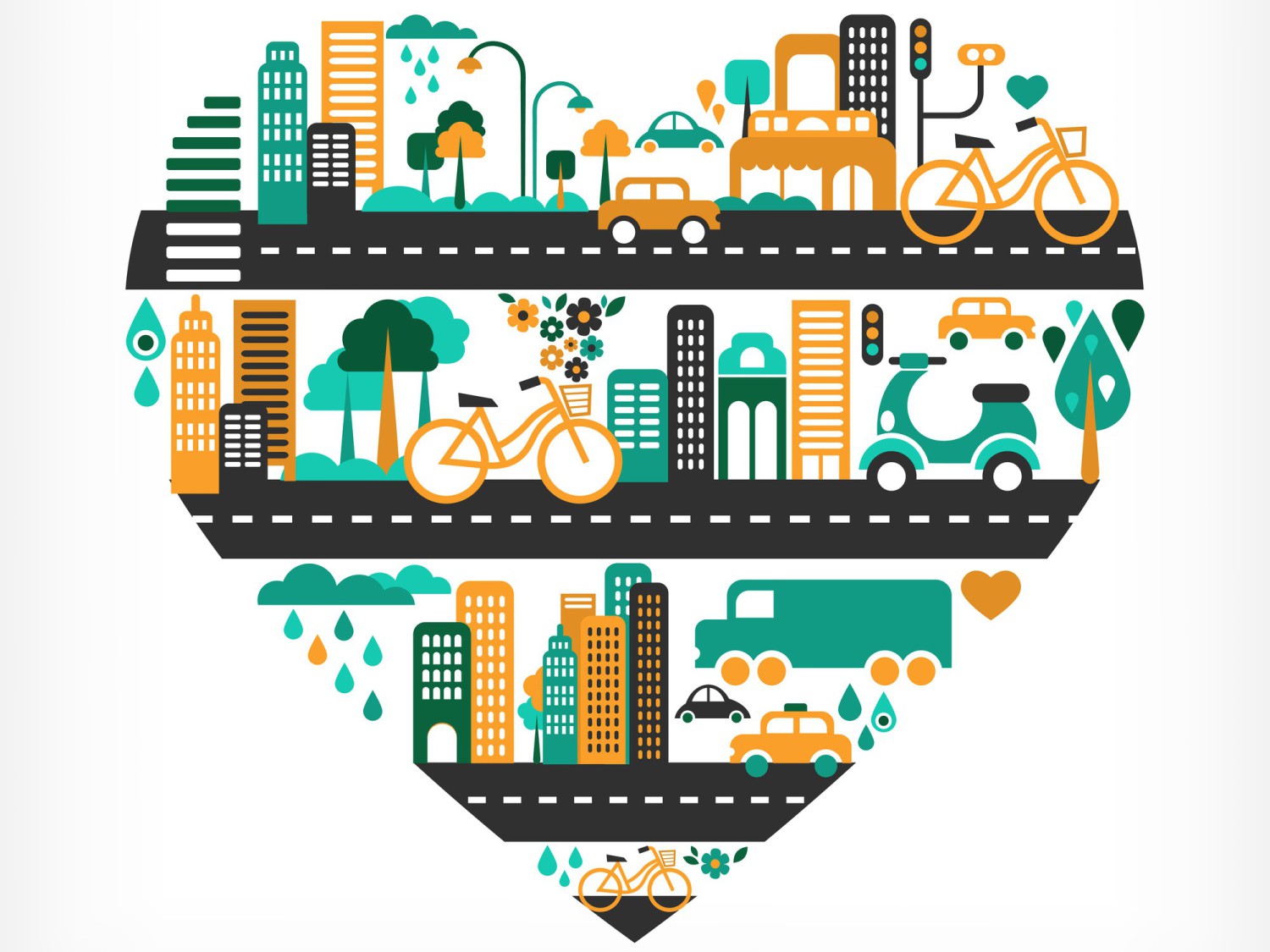
More and more homeowners are looking for ways to reduce their carbon footprint. It may seem easier to achieve this by moving away from major urban centres. But is this really the case?
It’s true that space is often more limited in the city. Neighbourhood restrictions and municipal bylaws can put a damper on certain initiatives.
Conversely, there are more freedom and space in the country to install equipment like greenhouses or large-scale solar panel systems.
But despite all this, many options remain open to you in the city!
Solar Panels: Generate Your Own Power, Even in the City
Yes, it’s possible to install such panels on properties in many cities across Québec.
For example, in 2022, the Saint-Laurent Borough (in Montréal) amended its zoning bylaw to permit and establish regulations for the installation of solar shingles as well as solar thermal and photovoltaic panels on sloped roofs within its boundaries.
Advantages:
Solar energy is gaining popularity, and for good reason: it reduces dependence on the power grid, saves money in the long term, and, in some cases, increases the value of your home.
- Lower power bills
- A silent and renewable energy source
- Minimum maintenance once installed
Considerations:
- There is a high upfront cost (despite the financial assistance available).
- The amount of electricity generated varies based on roof orientation and sun exposure.
- Installation often requires the municipality’s or syndicate of co-owners’ authorization.
Psst! Even if the amount of electricity doesn’t fully cover your consumption, every kilowatt generated counts towards energy self-sufficiency.
A Green Roof: A Cool Oasis
People often wrongly assume that green roofs aren’t a feasible option in the city. In fact, it’s there that you will find the greater number of flat roofs, and you need a flat roof if you want to install a green roof.
Whether the residence is in a rural or urban setting, green roofs fall under the jurisdiction of the Régie du bâtiment du Québec (RBQ), which imposes a series of technical specifications (covering fire safety, structural load, drainage, maintenance planning, etc.) to ensure compliance with building codes.
Advantages:
A green roof, whether it’s of the extensive (light, low-growing plants) or intensive type (heavier, cultivatable), provides better thermal and sound insolation. It equally extends your roof’s life by protecting it from UV rays and adverse weather conditions.
It also eliminates a heat island effect generating surface (concrete or shingles).
Considerations:
- Represents a major initial investment for the homeowner.
- A structural evaluation is required: not all roofs can support the weight—and, most importantly, they must be flat!
- May require intensive maintenance depending on plant selection.
Good to know: Some municipalities provide financial incentives to encourage homeowners to construct green roofs. For example, as part of its RénoPlex program, the city of Montréal is offering subsidies for residential buildings of 1 to 5 dwellings.
Rainwater Harvesting: So Simple!
It’s generally easy in the city to install a rainwater harvesting system (if space allows and the roof or gutters are accessible).
You just need to connect one of your building’s gutters to the water collection tank (usually in the shape of a barrel). Or put it on the roof.
Hardware stores sell water barrels at affordable prices, and municipal restrictions rarely apply.
Rainwater harvesting lets you reduce your drinking water consumption, especially when it comes to watering the garden or washing exterior surfaces.
Other Things You Can Do in the City
- Compost: It’s undeniable that there’s more space in the country to turn your organic waste into compost for your plants and lawn. Nevertheless, your municipality’s brown bin is very practical and just as eco-friendly.
- Grow herbs and vegetables in pots: It’s just as possible to grow your own on a balcony! And why not compost at home to feed the soil?
- Install eco-smart home technology: From smart thermostats to automated lighting systems, technology can also help you lower your energy consumption, which is good for the planet.
- Improve the insulation: This remains a useful means of preventing environmentally costly energy loss.
- Reduce drinking water consumption: Whether it’s with a low-flow toilet or faucet.
- Use public transit or bike: This is in fact one of the main eco-friendly benefits to urban living.
Living in the city doesn’t necessarily mean sacrificing your environmentalist spirit. On the contrary, by taking advantage of municipal programs, adopting technological innovations, and exercising a little creativity, it’s just as possible to do your part for the planet at home!